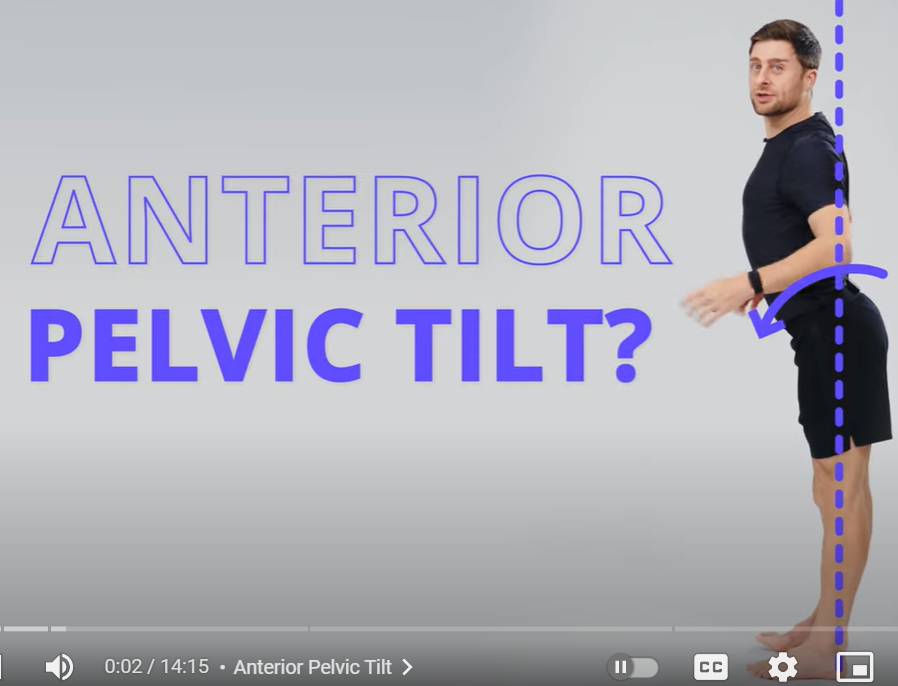Hello, I watched a video about "anterior pelvic tilt" which claims that anterior pelvic tilt occurrs when people began to wear heeled shoes. Here is an image from the video where the video author exemplies what he considers incorrect posture:

My question is: is anterior pelvic tilt different from the Gokhale principle of "behind-behind"?
A full critique of all comments the video is welcome.



1 hour 23 min ago
08/20/2010 - 8:19pm
Thank you for your very good question! I agree that heeled shoes are generally detrimental to our bodies, being more about fashion and status. I always think that if heels were of anatomical benefit then evolution would have conferred an extra inch or so of heel bone by now!
To your question: yes, "anterior pelvic tilt" is different from the Gokhale Method principle of behind-behind. We use the term "anteverted pelvis" to describe a healthy forward settling of the pelvis and sacrum that occurs at the L5-S1 junction—if there is the mobility at the L5-S1 and relaxation in the hips to permit it, plus healthy muscle tone in the torso, then this natural anteversion will occur. "Anterior pelvic tilt" usually describes where, instead of a healthy angle down at L5-S1, there is no appreciable angle there, but instead, appreciable sway and compression in the lumbar area.
Unfortunately, few people currently understand this essential distinction. Esther Gokhale evidences the healthy populations throughout history and in present day traditional societies who have their behinds behind them, with no lumbar sway, in her book, 8 Steps to a Pain-Free Back.
Note that this yoga teacher does show a healthy L5-S1 angle in his psoas stretch—I have taken a screenshot. In our experience most students benefit from cultivating this angle gradually over a period of time, and first learning to counter sway by anchoring the ribs and lengthening tight back muscles, as taught in our in-person Foundations and Pop-up courses, and our online Elements course.